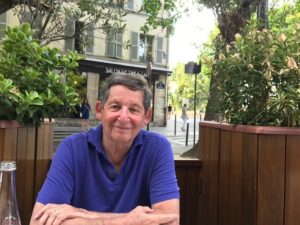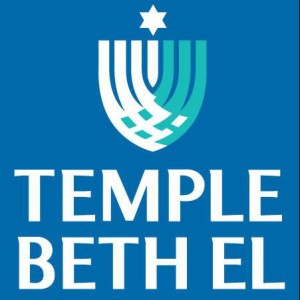Often, the anticipation of an event brings more pleasure and meaning than the event itself. Our expectations are more than the event can provide, and then the real world interrupts what pleasure or meaning we hoped to derive from our vacation or lifecycle celebration. Happiness, contentment, joy, the sense that our lives have worth and meaning: where do these come from? If they are not a given – and they are not – from where may we attain them? How might we obtain a sense of SHLEIMUT, of wholeness, a sense of inner integrity, and what is shleimut, really? I see shleimut as an integrity we build within ourselves; the knowledge and feeling that who we are on the outside is the same as that inside; that we have control of our daily lives; that we know where we are going; that we are whole.
In truth, our ability to effect change in ourselves is limited. We have free will, but it is heavily circumscribed by our nature, our environment, our upbringing, our personal situations. Yet surely we have some control over our own sense of Shleimut. If we do not, the entire message of Rosh Hashanah, of the call to repentance – to change – is irrelevant. So change must be impossible.
Indeed it is possible to repair relationships, to reestablish broken-down communications, to face our own limitations, to reach for our highest aspirations. It is possible to sit down with our loved ones and consider what is most significant and attempt, to the best of our ability, to live lives that are filled with moral integrity, steadfast love, honest relationships: to become whole.
This is not easy. As much as we want SHLEIMUT in our lives, attainment of such a lofty goal requires that we begin with our own selves. Rosh Hashanah calls us, above all, to “return” to ourselves, to a knowledge of that which makes us most human, to gain awareness of what is most significant in our lives. This is what this season demands of us. This is what God demands of us.
Rabbi Kaplan is a graduate of the University of Cincinnati and was ordained at the Hebrew Union College in 1967. He served as a chaplain in the army and congregations in New York, New Jersey and Maryland.





